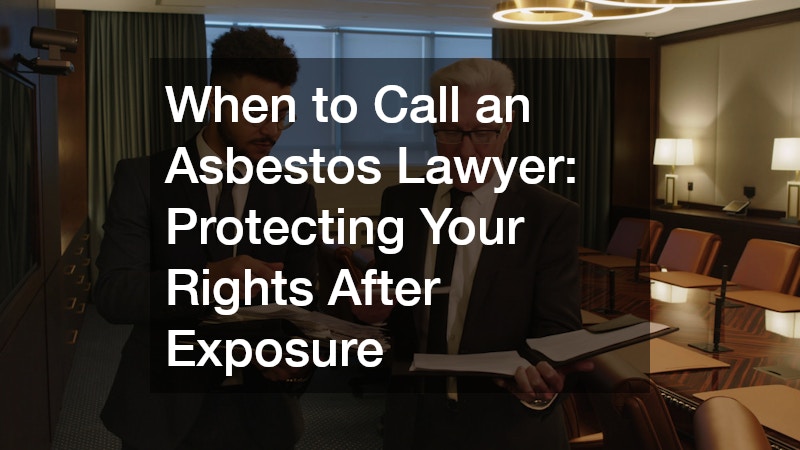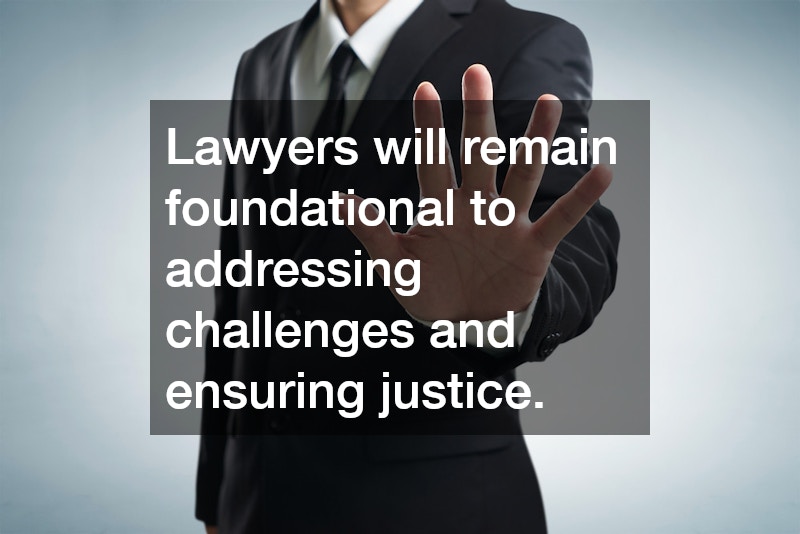
Understanding asbestos exposure and when to seek legal counsel is crucial for protecting your health and rights. This article delves into the essential aspects surrounding asbestos-related legal issues to provide a comprehensive resource. Taking timely action is vital because asbestos exposure often results in serious, long-term health conditions that require prompt legal and medical intervention.
Asbestos, once widely used in various industries, is a naturally occurring mineral known for its heat resistance. Its fiber strength and resistance to fire made it a popular choice in the construction, automotive, and other manufacturing industries.
Despite its advantageous properties, the health risks associated with asbestos exposure are significant and can lead to severe, often fatal diseases.
Understanding the health ramifications and legal options available can empower you to protect your rights effectively. Early consultation with an asbestos lawyer can be the deciding factor in successfully securing compensation and support. This article will explore the crucial role of legal assistance following asbestos exposure and guide you on when to call an asbestos lawyer.
What is Asbestos Exposure and Why is it Dangerous?
Asbestos is a group of naturally occurring minerals composed of flexible fibers that are resistant to heat, electricity, and corrosion. It was extensively used in construction materials like roofing shingles, ceiling and floor tiles, paper products, and asbestos cement products. Despite its effectiveness in construction, it was also used in automotive parts like brake systems and clutches, and even in some textiles.
Even though the use of asbestos is now heavily regulated or banned in many countries, remnants of its use remain in older buildings and infrastructures. This poses a risk for those involved in renovation, demolition, or other activities where these materials might be disturbed. The airborne asbestos fibers, when inhaled, become lodged in the lungs and other bodily tissues, leading to serious health problems over time.
These tiny, durable fibers can remain airborne for long periods and are easily inhaled, making them particularly insidious. Even short-term asbestos exposure can lead to long-term health issues, emphasizing the importance of vigilance and professional assessment. Identifying the presence of asbestos in old buildings and industrial sites can be challenging without professional help, thus reinforcing the need for legal advice when exposure is suspected.
When Should You Contact an Asbestos Lawyer?
Understanding when legal intervention is necessary can significantly impact the outcome of asbestos-related cases. A definitive diagnosis of an asbestos-related disease is a prime indicator that contacting a lawyer should be a priority. Documentation of your exposure history, combined with medical records, can strengthen your case for compensation.
Individuals who suspect they might have been exposed to asbestos but have not yet been diagnosed should still consider consulting a lawyer for preliminary advice. This approach can help in preserving potential legal options and guide future actions if health conditions arise. Proactive consultation allows for the timely collection of evidence, essential in building a strong legal case.
The presence of safety violations in your workplace or evidence of known asbestos exposure at work or home further substantiates the need for legal counsel. Employers and manufacturers have a responsibility to protect workers and consumers from hazardous exposures, backing the legal claims of negligence when they fail to do so. A qualified asbestos lawyer can help evaluate the merits of your case and advise on the best course of action.
What to Expect When Working with an Asbestos Lawyer?
The initial consultation with any asbestos lawyers involves evaluating your exposure history and current health status to ascertain the viability of a legal claim. During this meeting, you will discuss the specifics of your situation, including potential exposure sources, symptoms, and previous diagnoses. This preliminary assessment helps both you and the lawyer understand the strengths and weaknesses of your case.
A comprehensive review of any existing documentation, such as medical records or employment history, usually accompanies this evaluation. The lawyer will identify any additional information or documentation you might need to strengthen your case. Having a knowledgeable legal representative can significantly ease the burden of navigating the complexities of asbestos litigation.
Depending on the lawyer’s evaluation, you may be advised to undergo further medical examinations or gather additional evidence, such as affidavits from previous coworkers. The lawyer’s role is to provide a realistic assessment of your case and guide you through the subsequent steps in the legal process. An open line of communication ensures that you are informed and prepared at every stage of the legal journey.
Seeking legal advice after asbestos exposure is a critical step in ensuring justice and financial support for affected individuals and families. Knowing when and how to contact an asbestos lawyer can make a significant difference in the outcome of a legal claim. Early intervention, coupled with professional guidance, aids in navigating the complexities associated with asbestos cases.




